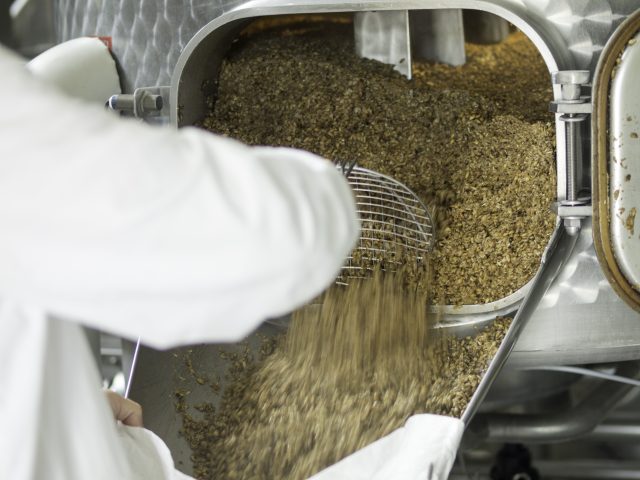Coffee and alcohol waste can be used as biofuels, say scientists
By Jessica MasonWaste coffee and alcohol products should become used to produce biofuels to aid sustainability, according to scientists.

Writing in the journal Energies, the team from Armenia and Poland investigated the use of Biogas and biohydrogen being developed from drinks waste to help meet net zero carbon emission targets.
According to the findings, by-products of the drinks industry include coffee grounds, sugarcane bagasse, rice straw, wheat straw, brewer’s spent grain, and sorghum leaves. However, these waste materials can be utilised and turned into biofuel and industrial chemical synthesis.
Reports suggest that global spirits consumption is predicted to exceed 38 billion litres by 2025, while in the beer industry, 38.6 x 106 tons of brewer’s spent grain is produced annually.
To aid sustainability and reduce waste, the new paper highlighted how the use of anaerobic digestion for converting alcohol waste and spent coffee grounds into biohydrogen and biogas was being considered. The authors explored preparation methods and pretreatments, along with gas analysis and the use of reagents.
Partner Content
For instance, biohydrogen only emits water vapour after combustion and has a 3.5x higher energy content than oil. Additionally, biogas is composed of methane and carbon dioxide, and is cleaner than conventional hydrocarbons such as coal, although it is not completely pollution-free. This sustainable fuel is composed of methane and carbon dioxide, with some nitrogen, ammonia, hydrogen, water vapor, and hydrogen sulfide.
Amongst the various proposed methods for biofuel production, anaerobic digestion and dark fermentation have shown noteworthy promise, the scientists revealed. However, currently, technical challenges exist with using these techniques for the conversion of waste biomass into valuable alternative fuels and this is the only thing holding drinks companies back.
The scientists demonstrated that alcohol waste and spent coffee grains are promising high-organic content substrates and concluded that using these waste products could improve the efficiency and cost-effectiveness of biofuel production in the future.
For biohydrogen production, results indicated that spent coffee grains are more suitable, with data suggesting that the fermentation of alcohol waste, either treated or untreated, is not as efficient for the production of this biofuel. However, the study also concluded that, overall, the benefits of using spent coffee grounds and alcohol waste for the production of different biofuels and the effects of treatment technologies needs to be explored further by bigger drinks companies that are serious about playing a vital part in a more sustainable future.
Related news
Pub chain offers free rainy day pints
How AI can move things forwards for beer
Everything you wanted to know about the Australian beer industry




